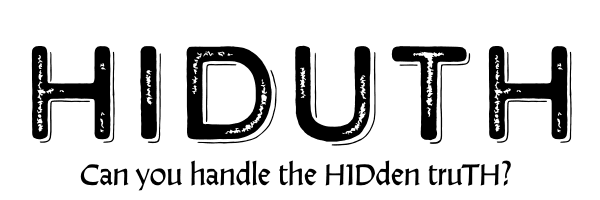There’s something behind that: Enlightenment 2.0 – What would be a solution? Somewhat more conflict in politics. Somewhat more self-reflection on the part of journalists. More distinction between information and knowledge, facts and contexts. In the end, somewhat more trust in the ability of most people to make a judgment, somewhat more belief in the Enlightenment.
Bertolt Brecht developed the radio theory. With the emergence of the first mass media, he observed, people “suddenly had the possibility of saying everything to everyone.” But someone had to be listening. So it was necessary, he concluded, to transform radio into a “communication apparatus” that could not only broadcast, but also receive.
Today, says the political scientist Serge Embacher, Mr. Brecht’s radio theory has been realized in practice. One could also say that Bertolt Brecht wished for the devil that we can no longer control. Thanks to modern media, everyone can simultaneously send and receive. Enlightenment 2.0. Because what is subverting authority, expressing doubt, using one’s own reasoning faculties other than enlightenment? “We have finally arrived in the modern age,” says Mr. Embacher. Politics has become something for everyone.
Serge Embacher observes among his students a deep feeling of freedom, but also an extreme lack of orientation. Recently, the boring-sounding theme “Program of Political Parties” was on the agenda. “Most of the students,” reports Mr. Embacher, “had great difficulty in formulating an opinion on the theme.” If he assigns a seminar paper of 10 to 14 pages, they respond with a collective expression of abject confusion. They want to know: 10, 12 or 14 pages?
There is a longing for authority, but there is no faith in existing authorities.
For 20 years now, Martin Schweer from Vechta University has been examining the topic of trust. His background is in the psychology of organizations. Earlier, it was predominantly organizations that consulted him. These days, says Mr. Schweer, politicians have also recognized trust as a resource — especially since this resource has proven to be crucial in determining the outcome of elections. Whether regarding the issue of food safety or in the realm of politics, expectations have risen, observes Mr. Schweer. Earlier it was necessary to simply believe many things; today it is possible to examine whether something is true. And sometimes it turns out that the assertions made by politics and the media simply aren’t true.
Mr. Schweer considers the fact that a thirst for knowledge frequently culminates in nothing other than conspiracy theories to be a phenomenon of being overwhelmed: the conspiracy theory is simpler and hence more plausible than reality. In other words, trust is like money: it doesn’t disappear, it is simply somewhere else. That is quite catastrophic for democracy. But for individuals like Claus Petersen, it works, because paradoxically, in a fairly well-functioning political system, one’s own activities are not recognizably affected by politics.
Mr. Embacher as well has conducted various studies involving the theme of trust and disenchantment with democracy. The findings are discouraging: only trust in the media is being lost more than is trust in politics. Mr. Embacher believes that politics itself is mainly responsible for this development, inasmuch as it is still more concerned with sending than with receiving, even if today everyone uses Facebook, YouTube and Twitter to bandy rapid-fire messages back and forth.
Black-gold, black-green, red-red, red-green, black-red — these days, the Federal Republic has become familiar with many color combinations of political parties, yet there is more or less only a single political direction. In principle, this gives rise to the same outcome everywhere. The old ideologies were replaced by an ideology of pragmatism, and politics has been replaced by an unpolitical pose of concern — “No child will be left behind.” But credibility also demands that one allow alternatives.
Mr. Embacher has an extremely practical proposal how trust could be reestablished and more citizens could be induced to participate in politics: “Reimbursement for electoral expenses should be linked to participation in elections.”
Kant also belonged to the Enlightenment and his liberation from childish dependency. Even back then, by the way, this state was self-inflicted.
It used to be that the world view provided the context. Today we must establish it ourselves. That is exhausting. But this is the way we wanted it.




